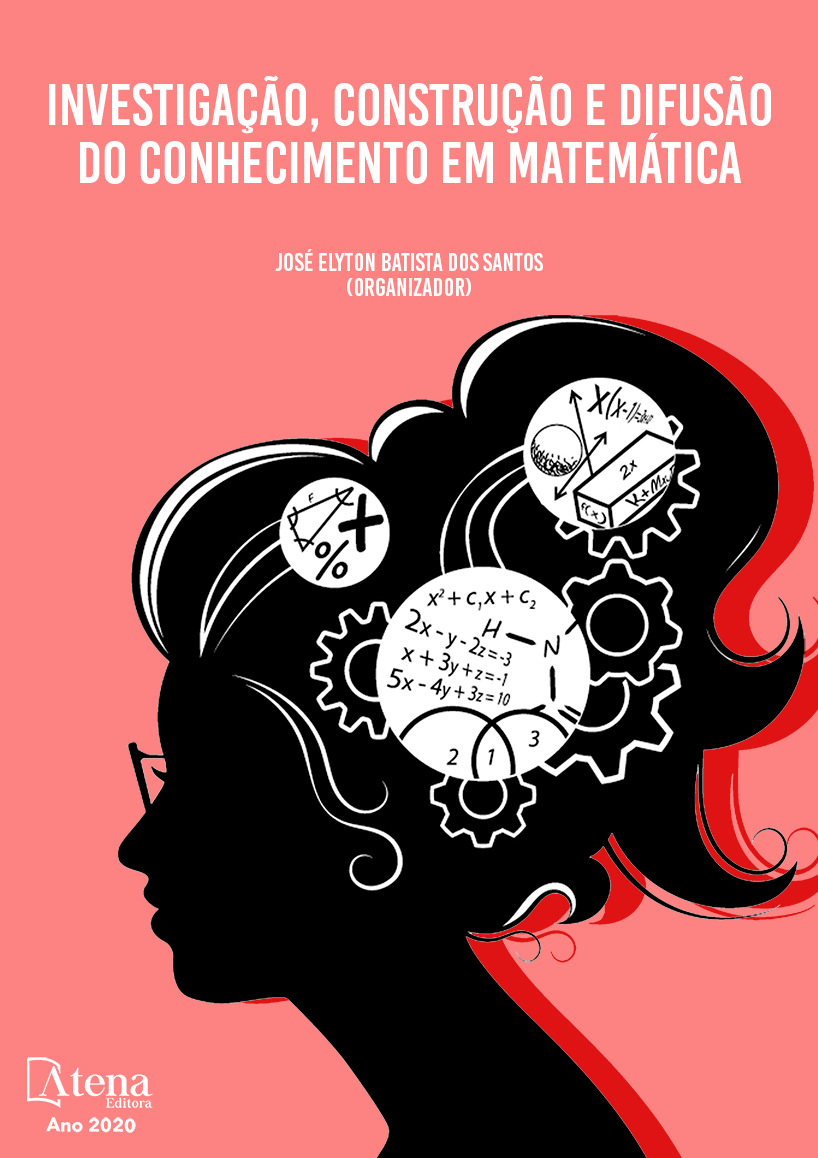
CONTRIBUIÇÕES DA MODELAGEM MATEMÁTICA PARA O PROCESSO DE ENSINO E APRENDIZAGEM DE MATEMÁTICA E PARA O DESENVOLVIMENTO INTEGRAL DO ESTUDANTE
O presente trabalho tem por objetivo refletir acerca das contribuições da Modelagem Matemática, apoiada nos pressupostos da Educação Matemática Crítica, tanto para o processo de ensino e aprendizagem de Matemática como para o desenvolvimento integral dos estudantes. Para atender a esse propósito analisa-se dissertações do Programa de Mestrado Profissional em Educação em Ciências e Matemática, Educimat, do Instituto Federal do Espírito Santo, Ifes, Campus Vitória.Os dados aqui apresentados foram produzidos em um ambiente de Modelagem Matemática realizada com estudantes do ensino fundamental e médio. Nos sete trabalhos analisados encontra-se indícios de que a atividade de Modelagem Matemática implica tanto a necessidade de conhecimentos prévios como a aquisição de novos conhecimentos. Os resultados apontam que os estudantes envolvidos consideram que a atividade de Modelagem Matemática é forma diferenciada para ensinar Matemática, contudo, é preciso atenção na escolha do tema, pois nem todo assunto é de interesse dos mesmos. A atividade de Modelagem Matemática contribuiu para que os estudantes reconhecessem que a Matemática pode ser usada para resolver problemas aparentemente não-matemáticos extrapolando o ambiente escolar; favoreceu a reflexão sobre realidades diferentes enfatizando discussões acerca da cidadania. O trabalho evidencia o “olhar” dos estudantes em uma prática de Modelagem que enriquece uma Educação Matemática conectada a atualidade e preza por transformações sociais.
CONTRIBUIÇÕES DA MODELAGEM MATEMÁTICA PARA O PROCESSO DE ENSINO E APRENDIZAGEM DE MATEMÁTICA E PARA O DESENVOLVIMENTO INTEGRAL DO ESTUDANTE
-
DOI: 10.22533/at.ed.7562016076
-
Palavras-chave: Processo Ensino e Aprendizagem; Matemática Crítica; Modelagem Matemática; Desenvolvimento Integral.
-
Keywords: Teaching and Learning Process; Critical Mathematics; Mathematical Modeling; Integral Development.
-
Abstract:
The present work aims to reflect on the contributions of Mathematical Modeling, based on the assumptions of Critical Mathematical Education, both for the teaching and learning process of Mathematics and for the integral development of students. To meet this purpose, dissertations from the Professional Master's Program in Education in Science and Mathematics, Educimat, from the Federal Institute of Espírito Santo, Ifes, Campus Vitória, are analyzed. The data presented here were produced in a Mathematical Modeling environment carried out with elementary and high school students. In the seven studies analyzed, there are indications that the activity of Mathematical Modeling implies both the need for prior knowledge and the acquisition of new knowledge. The results show that the students involved consider that the activity of Mathematical Modeling is a different way to teach Mathematics, however, it is necessary to pay attention to the choice of the theme, as not every subject is of interest to them. The Mathematical Modeling activity helped students to recognize that Mathematics can be used to solve seemingly non-mathematical problems by extrapolating the school environment; favored reflection on different realities, emphasizing discussions about citizenship. The work highlights the students' “gaze” in a Modeling practice that enriches Mathematics Education connected to the present and values social transformations.
-
Número de páginas: 15
- Oscar Luiz Teixeira de Rezende
- Mirelly Katiene e Silva Boone
- Luciano Lessa Lorenzoni
- Agostinho Zanuncio
- Andressa Coco Lozório
- Ana Elisa Tomaz
- SILVANA COCCO DALVI


